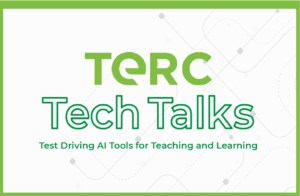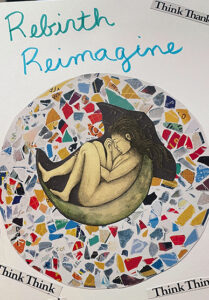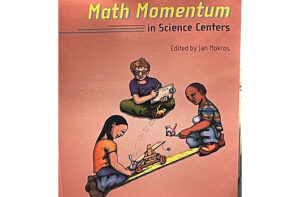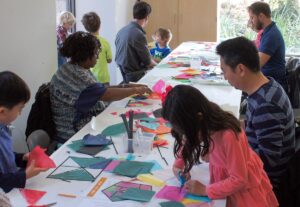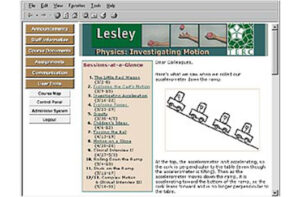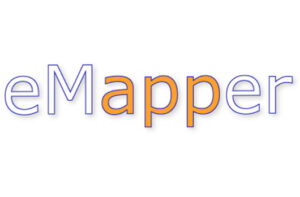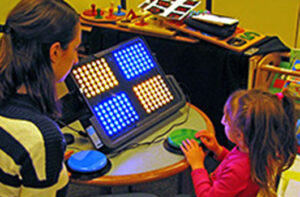Dimensions That Shape Teacher-Scientist Collaborations for Teacher Enhancement
Brian Drayton and Joni Falk
Science Education, Vol. 90 No. 4, pp. 734–761. 2006
Summary
Partnerships of teachers with scientists are thought to be important for many aspects of science education reform, but it is not always clear how to make such partnerships productive. Between 1994 and 1997, high school teachers were partnered with scientists, to design yearlong ecological research projects in which the teachers were learning for their own sake, rather than to create new curriculum. In these partnerships the relationships with the scientists took many forms.
We found that negotiations around five dimensions seemed particularly important:
- Whose question was being investigated?
- Was the focus primarily on data collection or data analysis?
- Was the research based on the ecologist’s area of expertise, or the teachers’ interest?
- Was the focus primarily on the teachers’ learning on their students’ classroom learning?
- Was the research intended for an external audience, or primarily for the teachers’ own benefit?
Three case studies are presented, showing how these dimensions shaped the negotiations of more successful and less successful collaborations. Implications for inquiry-based pedagogy, and cultural issues arising in scientist-teacher collaborations, are discussed.

Related People:
Brian Drayton and Joni Falk


